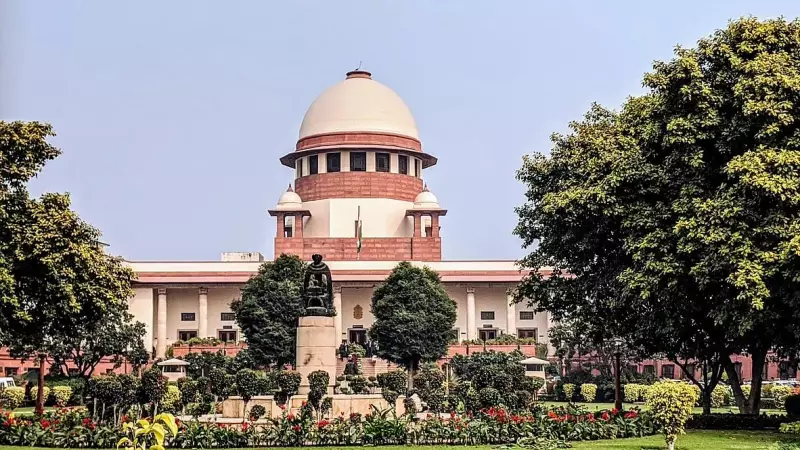
In a significant move that could reshape India's justice system, the Supreme Court has agreed to examine a crucial petition demanding compensation for individuals who have suffered the trauma of wrongful arrest and illegal detention.
Judicial Intervention for Justice
The apex court's decision to entertain this plea marks a potential turning point in addressing the grave injustice faced by innocent citizens caught in legal machinery errors. The case seeks to establish a formal compensation mechanism for those wrongfully deprived of their liberty.
The Human Cost of Legal Errors
Wrongful arrests and subsequent incarceration represent one of the most severe violations of personal freedom. Victims often emerge from prison with their lives shattered – careers destroyed, families broken, and social stigma attached, despite their innocence.
Seeking Legal Remedies
The petition before the Supreme Court argues that monetary compensation alone cannot restore what was taken, but it represents a crucial step toward acknowledging the state's responsibility and providing some measure of justice to the affected individuals.
Broader Implications for Indian Judiciary
This case could potentially lead to the establishment of clear guidelines and standards for compensating victims of judicial errors. Legal experts suggest this might prompt law enforcement agencies to exercise greater caution and diligence during investigations and arrests.
The Supreme Court's forthcoming hearing is being closely watched by human rights organizations, legal experts, and civil society groups who see this as an opportunity to strengthen accountability within India's criminal justice system.





